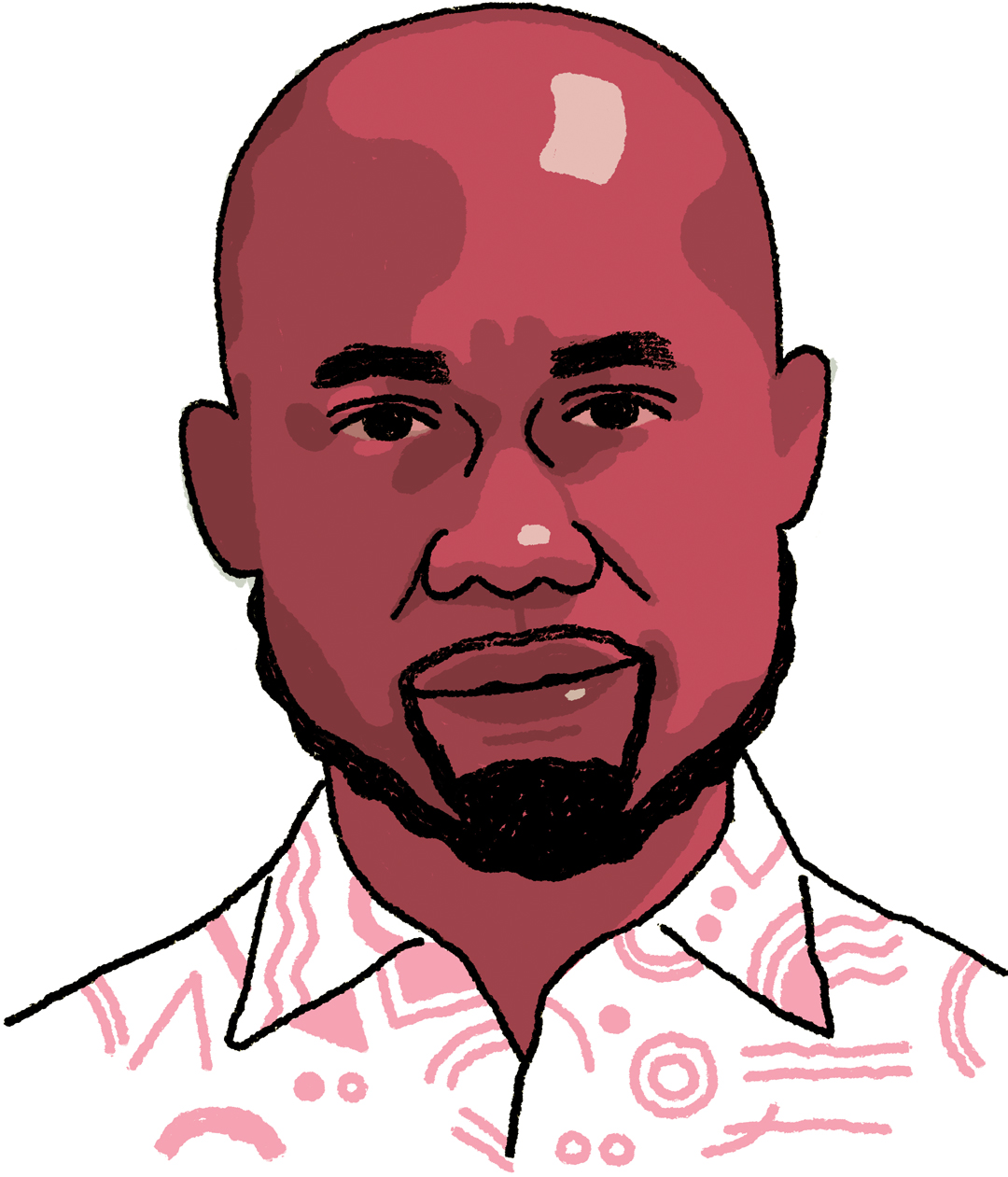TagsCivil RightsEllenwoodracerace in AtlantaracismSummerhill
Home How my father taught me about racism without ever saying so
Let’s Talk About Race: 14 Atlantans on how far we’ve come—and how far we still have to go
How my father taught me about racism without ever saying so

I was his youngest son. He had me when he was 57. Who knows what it was like for him to raise a son like me: precocious, sensitive, lonely? So different from him, yet so alike. Years later, when I came out (or rather when he found out I was gay), there was no rejection or terror. In our house, there were no fire-and-brimstone sermons about homosexuality being immoral. The only “sin” for my parents was laziness. So while I’m sure he was not thrilled about my sexual identity, he accepted me. That is what I remember most about my father.
Born in 1923, he grew up right outside of Atlanta in Ellenwood and, later, Summerhill, a community just south of downtown. My father knew what it meant to be a black man in the world, and, for him, that meant being independent. This was not something he communicated to me directly but made evident in the choices he made. He had a strong technical mind and could fix anything. He also had a strong inclination toward entrepreneurship.
His own mother died when he was just a kid, and he had been on his own ever since. He knew survival. And survival for him meant security, independence, freedom. He worked nearly every day of his life, until he was in his 80s. Only then, after his body began to fail him, did he retire. He wanted me to become a welder like him. He insisted I learn the family trade. Throughout my childhood, particularly when he was driving me to school, he would give me advice: “You’ll never go hungry if you’re a welder,” he’d tell me. I couldn’t really know what he meant, because he had made it possible for me to never know hunger.
“I once asked my father if he ever marched with King. My mother cut in: ‘Your father was too busy working.'”
But as much as he insisted I follow in his footsteps, I insisted I would not. I wanted to express myself, to create. Our battles were epic and left us both bruised for years. He was teaching me survival, in his own imperfect way, and I just wanted him to let me choose my own path.
Looking back, I realize this was his way of teaching me about racism without saying so. His lessons were not didactic; he showed me through how he lived and the choices he made. His insistence on me “having a skill” was his way of wanting me to be able to survive in a world where being black meant everything would be tougher. I wish he had let me in on what he was doing. Perhaps if I could have understood better, I would have fought him less. It was only after he passed away that much of this occurred to me. How cruel that wisdom often comes at the cost of grief.
For a black father and son in modern-day America to talk honestly about racism demands, more than anything else, vulnerability. And vulnerability was not something that came easy to us. Occasionally, he would be explicit. Both of my parents were clear that they wanted me to go to school with only black children. They feared for me, my life, and my opportunities in predominantly white schools. They thought I would have more and better opportunities if I was around my own. In the bubble of southwest Atlanta in the 1980s and 1990s, they felt I was protected from racial violence. For my parents, racism was not only something to navigate; it was something to survive.
“Looking back, I realize this was his way of teaching me about racism without saying so . . . It was only after he passed away that much of this occurred to me.”
I once asked my father if he ever marched with King. My mother cut in: “Your father was too busy working.” This class analysis of the civil rights movement didn’t dawn on me until much later.
We had a few brief conversations about President Obama. I remember him being intrigued if not excited. I don’t think I then appreciated fully what a figure like President Obama meant for my father who grew up in the segregated South. Those were just not our conversations, I suppose.
The strangest thing happened as I got older. Once my father figured out I was going to be okay, after I finished college, secured a job, got an apartment, and achieved the other milestones of adulthood, he seemed to relax. He never really understood my work, my commitment to activism and the nonprofit world, and I don’t believe I ever explained it sufficiently. But during one of the last conversations we had, before he died, he said to me, “I’m proud of you.”
Charles Stephens is a writer and activist. His writings have appeared in the Advocate, the Atlanta Journal-Constitution, Georgia Voice, and Creative Loafing.









